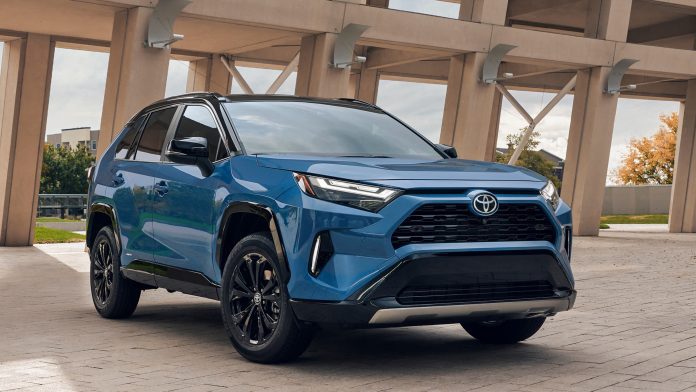High consumer demand, a shortage of critical components, and supplier bottlenecks have led to extended wait times for Toyota’s gasoline-electric hybrid vehicles. As more buyers seek fuel-efficient options, supply chain constraints are making it increasingly difficult for the automaker to keep pace.
Toyota remains a dominant player in the hybrid market, with global hybrid sales surging threefold in the last five years. The demand has left dealership inventories depleted in key markets, including the United States, Japan, China, and Europe. In some regions, customers are facing months-long delays before receiving their vehicles. European buyers, for example, now wait an average of 60 to 70 days, double the time from 2020. Meanwhile, in Japan, delays stretch between two and five months.
Much of the strain stems from supply chain disruptions affecting Toyota’s key suppliers. Aisin, one of the automaker’s largest component makers, is struggling with a shortage of magnets needed for hybrid motor production. Denso, another major supplier, has faced bottlenecks with inverters, which are critical to hybrid powertrains. Since many of these components are manufactured in Japan and shipped globally, logistical hurdles have further slowed deliveries.
To counter these challenges, Toyota is aggressively working to expand its production capabilities. The automaker has already increased capacity in India by 32,000 vehicles annually, with plans to scale up by another 100,000 units. In the U.S., Toyota has made a $14 billion investment in a battery plant in North Carolina, set to begin production and shipping batteries by April. The move is expected to ease supply pressures and support additional hybrid production, particularly in North America.
Despite these efforts, hybrid supply remains tight, and customers may continue facing extended wait times as Toyota works through supply chain limitations. However, with demand showing no signs of slowing, the automaker’s ability to streamline production and secure alternative suppliers will be critical to maintaining its stronghold in the hybrid market.




